Tara Westover’s memoir “Educated” offers a profound exploration of self-discovery through education and the painful process of breaking free from an oppressive family dynamic. This powerful narrative takes readers on a journey from an isolated survivalist compound in rural Idaho to the hallowed halls of Cambridge and Harvard, showcasing the transformative power of knowledge and the high personal cost that sometimes comes with it.
At its core, “Educated” is a story about identity formation in the face of extreme adversity. Westover grew up in a fundamentalist Mormon family led by a father with likely untreated bipolar disorder who distrusted the government, modern medicine, and formal education. Her childhood was marked by physical labor in her father’s junkyard, preparation for the apocalypse, and a complete lack of formal schooling. Despite these challenges, Westover’s thirst for knowledge propelled her toward an unlikely academic future.
The memoir painfully details the abuse Westover suffered at the hands of her older brother Sean, and the family’s refusal to acknowledge or address this violence. This abuse, coupled with the extreme religious control exercised by her father, created a deeply toxic environment from which education became her only escape route. With the help of her brother Tyler, who had already broken away to attend college, Westover prepared for the ACT exam and gained admission to Brigham Young University despite never having set foot in a classroom.
What makes Westover’s story particularly compelling is her unflinching examination of the psychological toll of breaking free from her family’s worldview. She doesn’t simply reject her upbringing wholesale but struggles continuously with her desire to maintain family connections while developing her own identity and understanding of the world. Her educational journey becomes not just about acquiring knowledge but about learning to trust her own perceptions and experiences in the face of gaslighting and manipulation from her family.
The gender dynamics within Westover’s family represent another powerful theme throughout the memoir. Her father’s strict interpretation of religious doctrine imposed severe limitations on what was considered acceptable for women. Simple acts like wearing makeup or pursuing education were labeled as sinful, creating a constant tension between Westover’s emerging sense of self and the rigid gender roles enforced at home. Her discovery of feminism during her college years provided language and frameworks for understanding the oppression she had experienced.
Perhaps most moving is Westover’s eventual realization that education is not merely the acquisition of facts but a “continuing reconstruction of experience.” Through her academic pursuits, she gained not only knowledge but the critical thinking skills necessary to reexamine her past and forge a new future. The painful choice to distance herself from family members who refused to acknowledge the truth of her experiences demonstrates the sometimes heartbreaking cost of personal growth and self-respect.
“Educated” stands as a testament to human resilience and the power of education to transform lives. Westover’s journey reminds us that sometimes the most profound education happens not in classrooms but in the courageous examination of our own experiences and the willingness to question the narratives we’ve been given. Her story inspires readers to consider how our own beliefs and identities have been shaped by family and community, and whether we have the courage to examine them critically.


